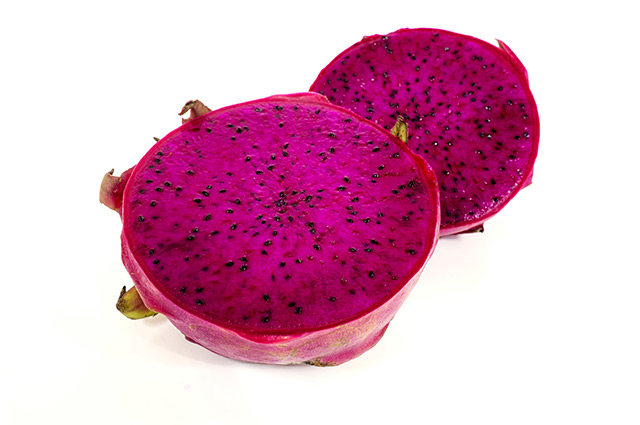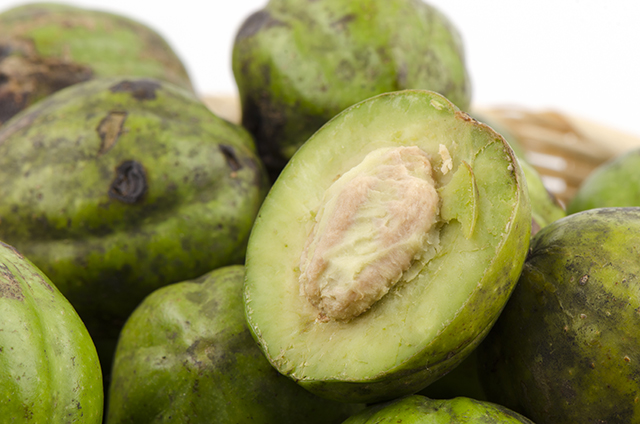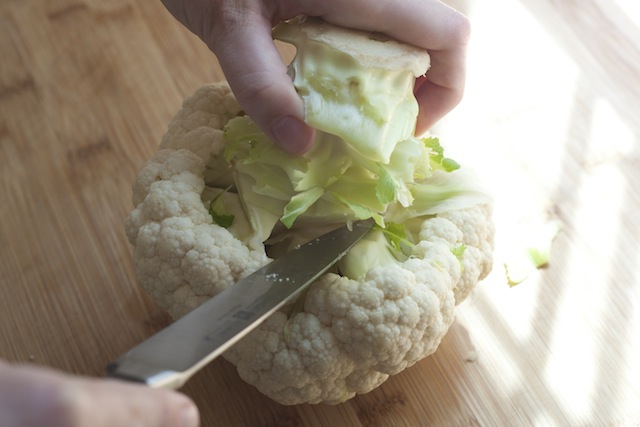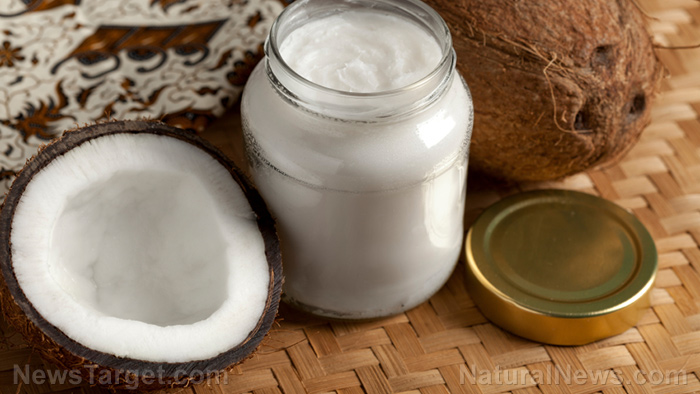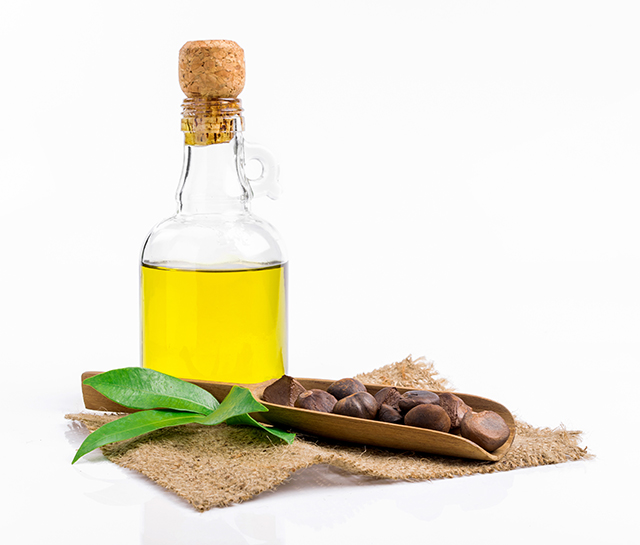Gardenia Fruit – sources, health benefits, nutrients, uses and constituents at NaturalPedia.com
08/29/2017 / By Frances Bloomfield
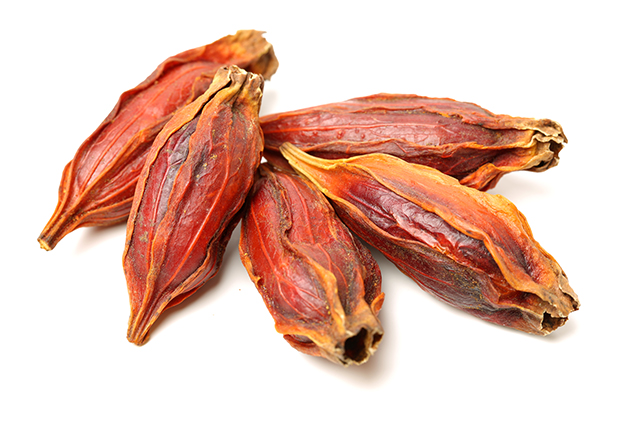
Gardenia (Gardenia jasminoides), also known as cape jasmine, is an evergreen flowering plant originating from Asia. Though known mostly for its fragrant white flowers, gardenia also bears deep-orange, berry-like fruits with practical and therapeutic applications, especially in China and Korea. Gardenia fruit, also known as “Zhi Zi” in traditional Chinese medicine, has been utilized in herbal medicine for thousands of years, and continues to be used in such well into today.
List of known nutrients
The most notable medicinal constituents of gardenia fruits are phytochemicals, specificially carotenoids. These type of phytochemicals are plant pigments lend gardenia fruits their signature orange hue. Crocin and crocetin are the carotenoids of gardenia fruits, and are antioxidants and protective substances.
In addition to crocin and crocetin, gardenia fruits contain other health-promoting compounds like beta-sitosterolm geniposide, ursolic acid, and volatile oils.
Medicinal uses for gardenia fruit
Among practitioners of traditional Chinese medicine, gardenia fruits are thought to be “cooling” in nature. In modern terms, this means that they can halt bleeding and reduce swelling. As such, gardenia fruits can reduce inflammation, and act as a treatment for nosebleeds and hemorrhages. To enhance their anti-hemorrhagic capabilities as a topical application, gardenia fruits will sometimes be fried until the surface has blackened. Its efficacy as a hemostatic agent is well-known, hence why it continues to be used for such purposes in China and Vietnam.
Gardenia fruits are often used to lower fevers, again thanks to their “cooling” effect. In fact, Koreans will often make teas from gardenia fruit for the express purpose of reducing fevers.
In addition to “cooling”, gardenia fruits have a soothing property that can encourage burns to heal faster and skin irritations such as eczema to decrease in frequency. The latter is further aided by the natural anti-inflammatory quality of these fruits.
Gardenia fruits are natural diuretics, and therefore good for preventing urinary tract infections. By increasing the frequency of urination, the bladders and urinary tracts are flushed of infection-causing bacteria.
Teas made from or infused with gardenia fruits can play a role in keeping the heart healthy by lowering the levels of bad or low-density lipoprotein (LDL) cholesterol in the body.
Body systems supported by gardenia fruit
Thanks to their numerous medicinal properties, frequent consumption of gardenia fruit is said to support the natural functions and health of the gallbladder, stomach, lungs, heart, and liver. In fact, gardenia fruit is most associated with the meridians or pathways of the heart, liver, stomach, and lungs in traditional Chinese medicine.
Ways to use gardenia fruit
Health food stories and Chinese medical practitioner offices will often carry these thin-skinned, slightly bitter fruits. They’re usually harvested in winter and autumn, and should be more readily available during those seasons. Gardenia fruits can be consumed raw or cooked.
As with many plants in traditional Chinese medicine, gardenia fruits are often made into teas or soups, or crushed into a cream or poultice. Gardenia fruit teas will typically be infused with other herbs or flowers like chrysanthemum to boost their flavor and enhance their therapeutic abilities.
Gardenia fruits produce natural yellow coloring that allow it to serve as an inexpensive food coloring substitute for the spice saffron in dishes that would call for it, like paella or bouillabaisse.
Note that there have been reports of nausea and vomiting caused by excessive gardenia fruit consumption, so eat this fruit in moderation. Dry frying gardenia fruits until they turn yellow are also said to reduce these effects.
Where to learn more
- Fresh.news
- Herbs.news
- Gardenia fruit compound starting point for diabetes therapy (press release)
- How to Beat and Prevent the Avian Flu and Other Influenzas
Summary
Gardenia fruit can prevent or provide relief from the symptoms of fever, urinary tract infections, and skin inflammations. They can lower bad cholesterol and reduce bleeding as well. Moreover, gardenia fruits are believed to be good for the liver, heart, lungs, stomach, and gallbladder. Nausea and vomiting have been reported from consuming too many gardenia fruits, however, so keep this in mind when eating them.
Sources include:
Maangchi.com
Herbs-Herbal-Supplements.Knoji.com
Herbpathy.com
AskDrMao.com
Tagged Under:


